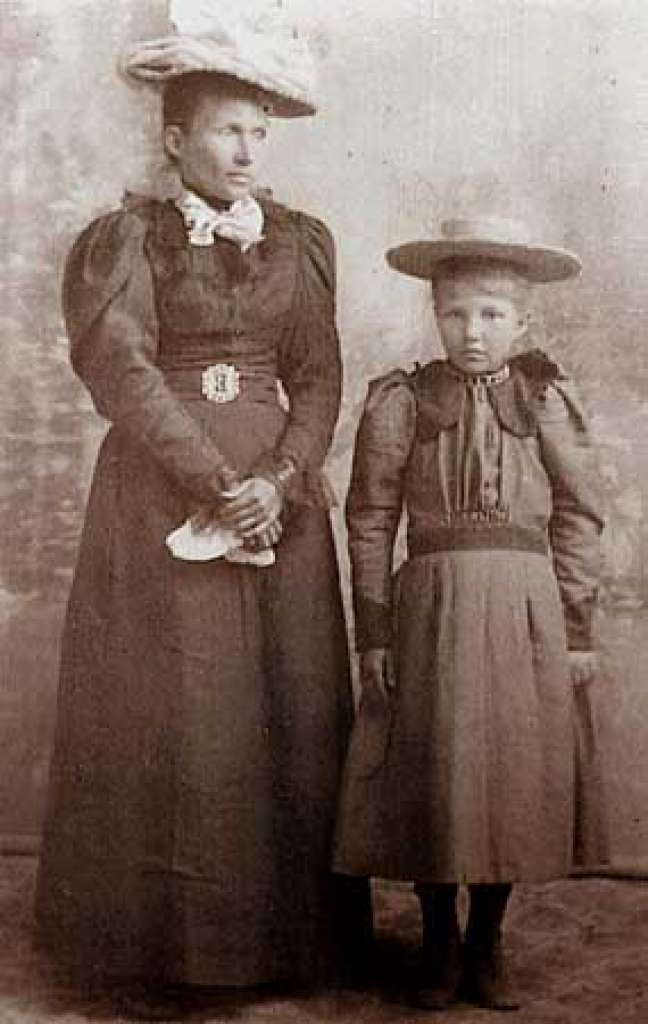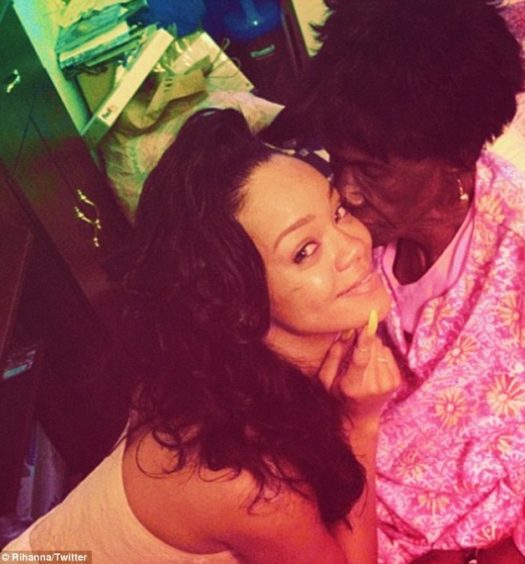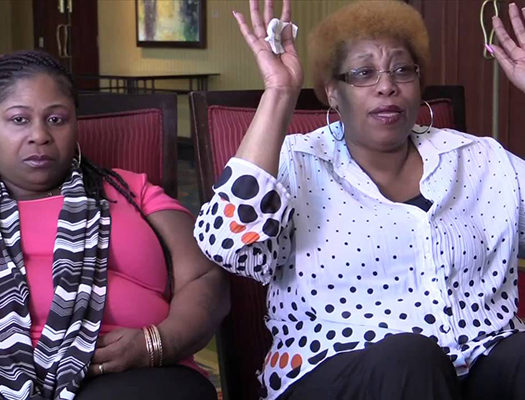By Lalita Tademy
Excerpt from book:
“My great grandmother Emily died in bed at her Louisiana home at the end of the summer of 1936, with $1300 in cash hidden under her mattress. Although she passed away twelve years before I was born, her presence is firmly imprinted in our family lore. Neither my mother nor her brothers ever talk about Emily without a respectful catch in their throat, without a lingering note of adoration in their tone.
I’ve been told that Great-Grandma ‘Tite (Emily’s nickname, rhymed with “sweet”) was very beautiful, and this is verified by the four photographs I have of her, two of which hang on the wall of my home in California. She was full of life into her seventies, dancing alone in the front room of her Aloha farmhouse on Cornfine Bayou to the music from her old Victrola, high-stepping and whirling to the cheering-on of family gathered on Sunday visiting. Always, at the end of her performance, she would arch her spine and kick back one leg, little booted foot suspended in air beneath her long dress until the clapping stopped. It was her trademark move. My mother and all of the other surviving grandchildren remember this vividly. Laughter and fun surrounded Grandma ‘Tite, they say, describing the flawless skin, thick chestnut hair, high cheekbones, thin sharp nose, and impossibly narrow waist. My mother has said to me often, each time with a proud, wistful smile, “She was an elegant lady, like Jacqueline Bouvier Kennedy.”
I always found this last statement impossible to embrace. I now know that Emily Fredieu was born a slave in 1861, lived deep in the secluded backcountry of central Louisiana, dipped snuff, and drank homemade wine every day, insisting that all visitors, even children, drink along with her. She bore five children out of wedlock over the thirty-plus-year span of her liaison with my great-grandfather, a Frenchman. Interracial marriage wasn’t against the law for all of the time they were together, but it was dangerous and against custom for a colored, woman, even if she did look white, and a white man to be together. My great-grandmother Emily was color-struck. She barely tolerated being called colored, and never Negro. My mother, the lightest of the grandchildren, with skin white enough to pass if she chose, was a favorite of hers. It is difficult to reconcile these facts and confirm my mother’s judgment of “elegant.”
I was always unsympathetic to the memory of Emily because of her skin color biases, although I never dared say so to my mother. But at the same time I was envious of Emily’s ability to stare down the defeats of her life and aggressively claim joy as her right, in ways I had never learned to do (Pages ).”
“Philomene would be moving soon with Oreline and her new husband, and the journey to see her grandmother would no longer be a short trip through the woods. Oreline had offered to take her in the wagon, but some proud part of Philomene did not want to accept.
She came through the door into the familiar duskiness of the small cabin that Elisabeth shared with three others. Without intending to do so, she flung herself straight into the warmth of Elisabeth’s arms.
There was still a dampness to the air, and the warmth of the fireplace with its full kettle, of simmering odors comforted Philomene. It was as if she were a small girl again back on Rosedew, using Elisabeth’s strong back to brace up her own.
She had a sudden urge to give in to the liberation of opening her mouth to talk, but nothing would come out. It was as if she had forgotten how, not that she had chosen to keep silent. The words would not come.
“Ssssshh, Philomene,” Elisabeth said, as if sensing her struggle. “You came to me to rest. You walked a long way for someone who bested yellow jack. You’ll talk when you’re ready.”
Elisabeth rocked her in silence. It was peaceful.
“I heard about Mam’zelle Oreline marrying again,” Elisabeth said at last. “You’ll be closer to your mother and Gerant now, living up that way. You can visit them. I’ll miss you here, child, being able to see you so often, but remember your glimpsing. I believe in it, and you need to hold on to that now, when you can’t hold on to me (Pages ).”
~Lalita Tademy




